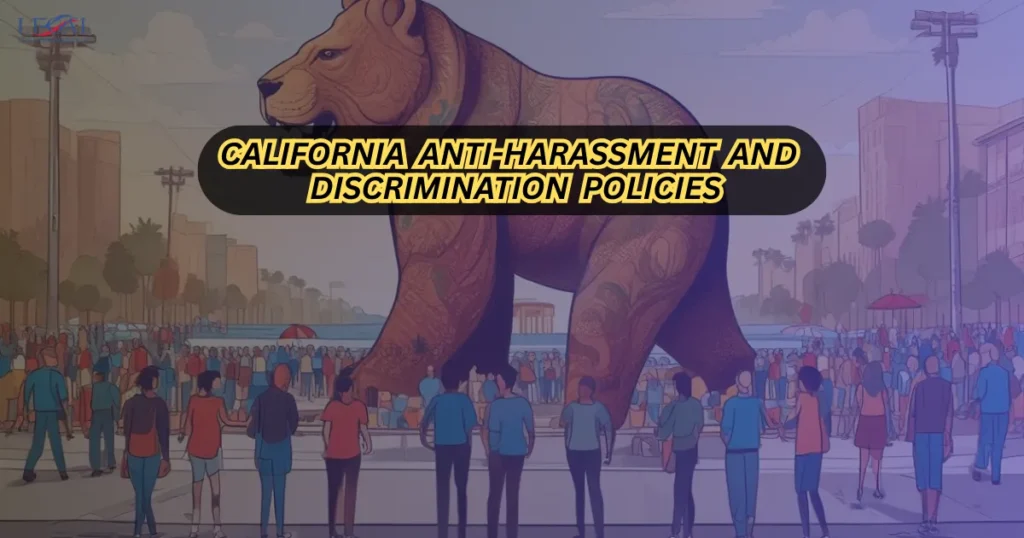Physical Address
304 North Cardinal St.
Dorchester Center, MA 02124
Physical Address
304 North Cardinal St.
Dorchester Center, MA 02124

Have you ever felt uncertain about whether your workplace policies truly protect your team from harassment and discrimination? In California, where employment laws are some of the most comprehensive in the nation, you cannot afford to overlook these protections. California Anti-Harassment and Discrimination Policies are not only a legal requirement but also a foundation for creating a safe, inclusive, and thriving workplace culture. This article will guide you through everything you need to know, from compliance to practical strategies, so you feel confident in shaping your organization’s future.

For even more resources on California employment law, you can always return to our homepage.
California has some of the strictest employment laws in the country. You must comply with regulations that go beyond federal law, protecting employees from harassment or discrimination based on:
Reference: California Civil Rights Department (DFEH).
Your policies should clearly define what harassment and discrimination mean in your workplace, supported by examples of inappropriate conduct.
Provide multiple safe channels for employees to report misconduct without fear of retaliation.
Lay out step-by-step how you will handle complaints, from intake to resolution.
California law requires harassment-prevention training for supervisors and nonsupervisory employees in many businesses. See official guidance from the California Department of Industrial Relations.

As an employer, you are legally required to implement and enforce anti-harassment and discrimination policies. These obligations include:
Failure to comply may lead to lawsuits, fines, or penalties enforced by agencies such as the California Civil Rights Department.
Despite best intentions, many employers fall short by:
Avoiding these errors strengthens both your compliance and your company’s reputation.
Yes, California law requires every employer to have a written policy that is distributed to all employees.
Supervisors must complete two hours of training every two years, and nonsupervisory employees must complete one hour of training.
You may face civil penalties, lawsuits, or actions by the California Civil Rights Department.
Visit the California Civil Rights Department for full guidance.
By taking California Anti-Harassment and Discrimination Policies seriously, you not only avoid legal risks but also create a respectful and safe environment for your employees. Remember, effective policies go beyond compliance; they set the tone for your workplace culture. When you prioritize fairness and safety, you empower your team to thrive.

Ready to strengthen your workplace? Explore more legal insights on our homepage and take the next step toward building a positive and compliant future.